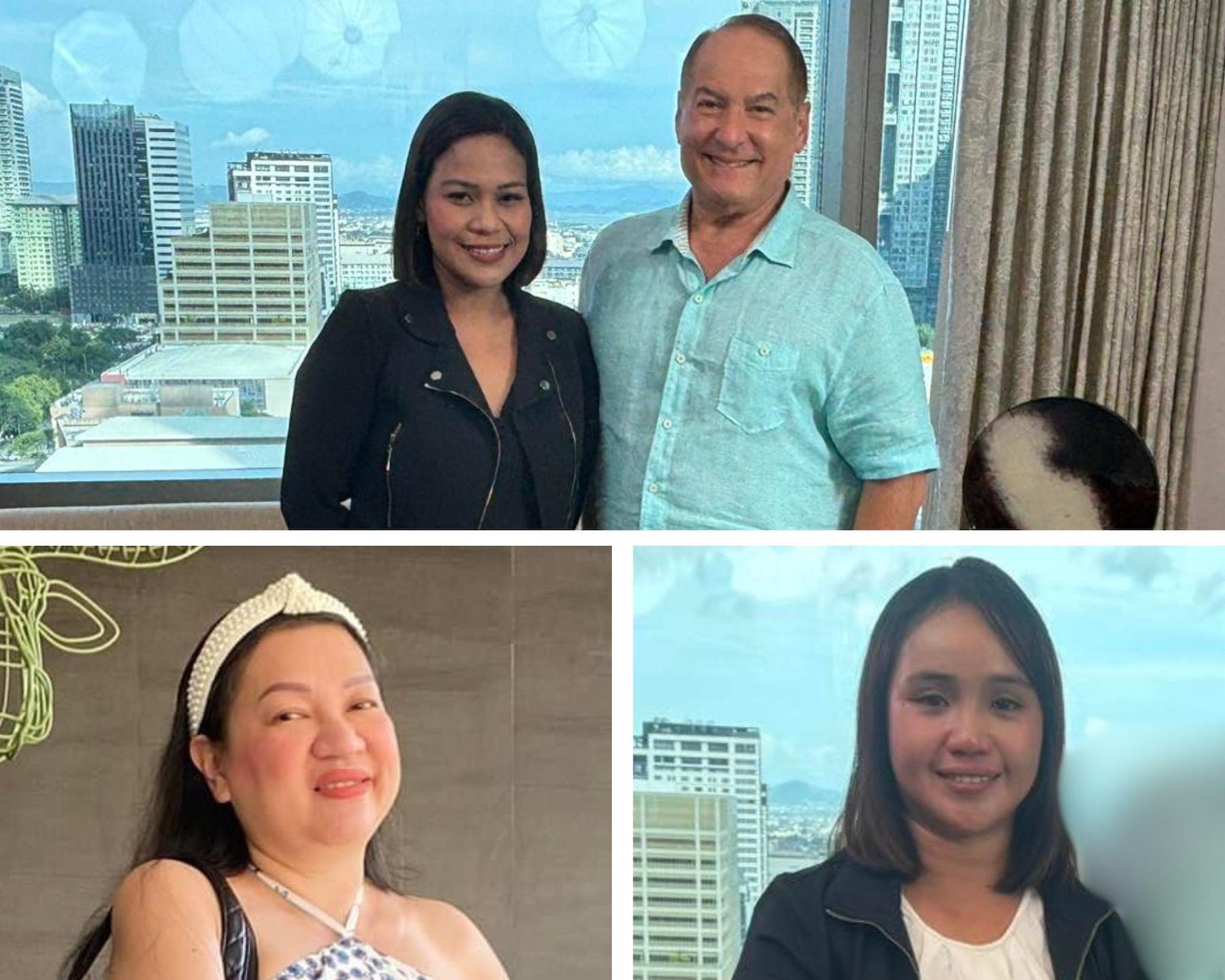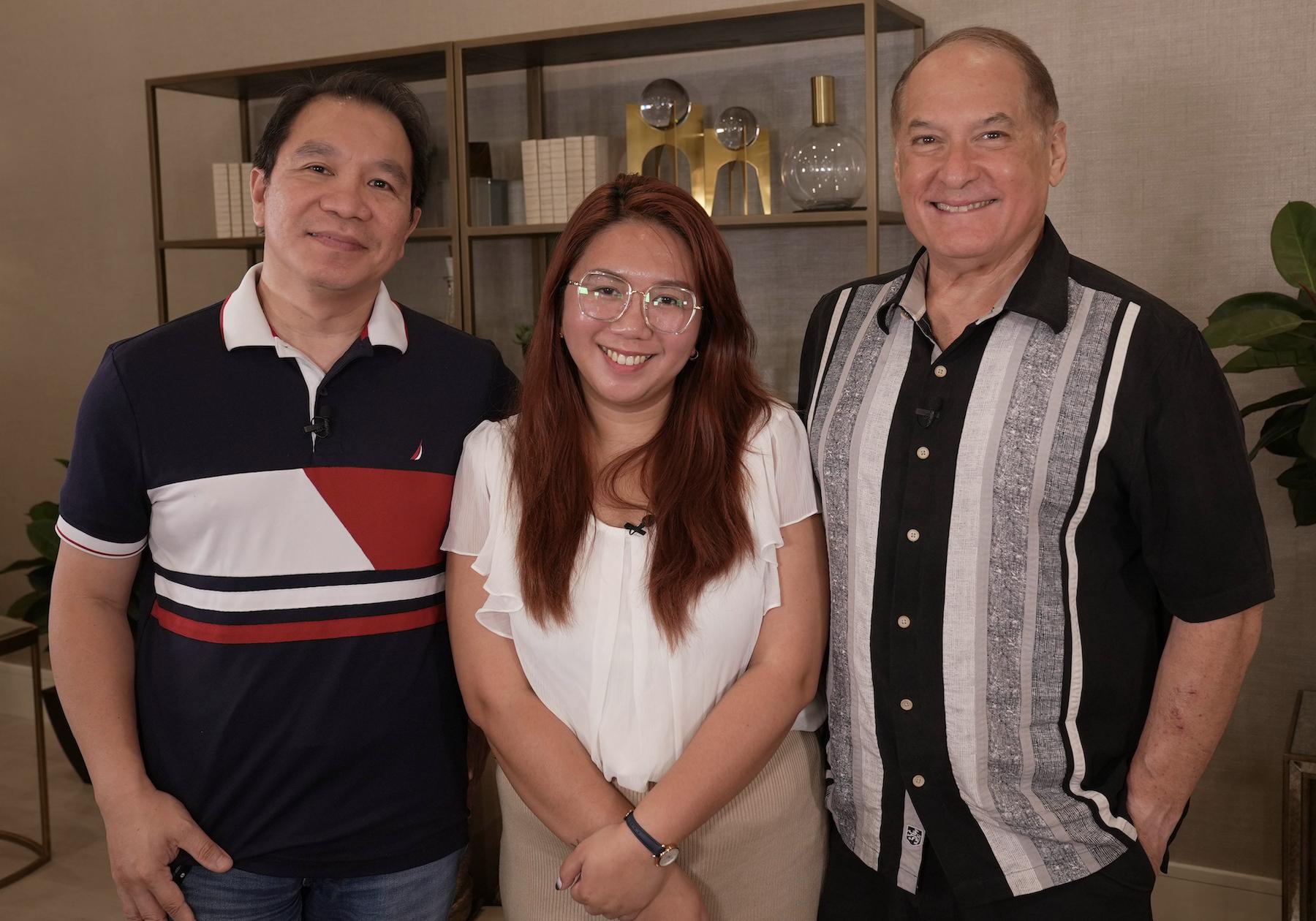WITH the US House of Representatives showing zero initiative towards overhauling the Nation’s immigrations laws, it appears that H-1B visas for FY 2015 will run out on April 1, 2014, six months before the fiscal year even begins. Last year, the annual H-1B quota (“H-1B Cap”) was reached within the first week of the filing period, which began on April 1, 2013. On April 7, 2013, the USCIS employed a computer-generated “lottery process” to select enough petitions needed to meet the regular H-1B cap of 65,000 and the 20,000 under the advanced degree exemption or “Master’s Cap.” Notwithstanding the obvious signals to the US Congress that the current H-1B quota is grossly inadequate to meet the US economy’s need for specialty workers, the House of Representatives has done nothing to improve the situation for talent-starved companies in the US, setting the stage for another “H-1B lottery” in 2014.
The only problem with this “lottery” is that there are no winners. Employers wishing to hire a foreign –born professional in a “specialty occupation” must essentially takes a risk that the time, effort and expense they incur in filing an H-1B Petition may all go for naught, as their H-1B Petition is not selected under the “random” lottery process. The problem is obvious:
The annual cap of 65,000 regular H-1B visa, which was the number set by the US Congress is 1990, is grossly inadequate to accommodate the demand of US businesses, even as the US economy is steadily improving. Even with the addition of 20,000 H-1B Visas for employees who have obtained Master’s Degrees or higher in the US, the H-1B quota is still over 100,000 short of where it was in 2001, when Congress temporarily expanded the quota to 195,000.
Employers seeking to hire an H-1B professional must establish that the prospective employee: (1) has a bachelor’s degree; (2) seeks to come to the United States to perform services in a position requiring a bachelor’s degree or higher for entry into the position; and that (3) the degree is directly related to the nonimmigrant’s field of endeavor. The US employer or sponsor must demonstrate a need for a worker and attest that insufficient domestic labor is available to fill the need. Of course, the US employer must also establish his ability to pay the “prevailing wage” for the position.
If the intended worker is overseas, he may obtain an H-1B visa from the US Embassy upon USCIS approval of a Petition in the US A nonimmigrant visitor in the United States, for instance on a B-2 visa, may apply for “change of status” from visitor to H-1B professional worker. The new status will be indicated on the person’s I-94, but is not a travel document. In order to travel and reenter the United States in H-1B status, a visa must be obtained at a US Embassy or consulate abroad.
The number and types of occupations that will qualify people for classification as H-1B professional workers are constantly expanding. With the development of so many new highly specialized occupations in the high-tech industries, more and more H-1Bs are necessary to fill the demand, and to maintain the status quo for more traditional occupations such as accountants and engineers.
Even considering the various categories of H-1B petitions that are exempt from the cap, there is little doubt that all H-1B availability will be exhausted on April 1, 2014 or shortly thereafter. With this in mind, any employer wishing to have his H-1B petition considered must be prepared to file the petition well in advance of the April 1, 2014 lottery commencement.
* * *
Daniel P. Hanlon is a California State Bar Certified Specialist in Immigration and Nationality Law and a principal of Hanlon Law Group, PC, located at 225 S. Lake Ave., 11th Floor in Pasadena, California; Tel. No. (626) 585-8005. Hanlon Law Group, PC is a “full-service Immigration Law firm.” E-mail: [email protected] and www.hanlonlawgroup.com.



